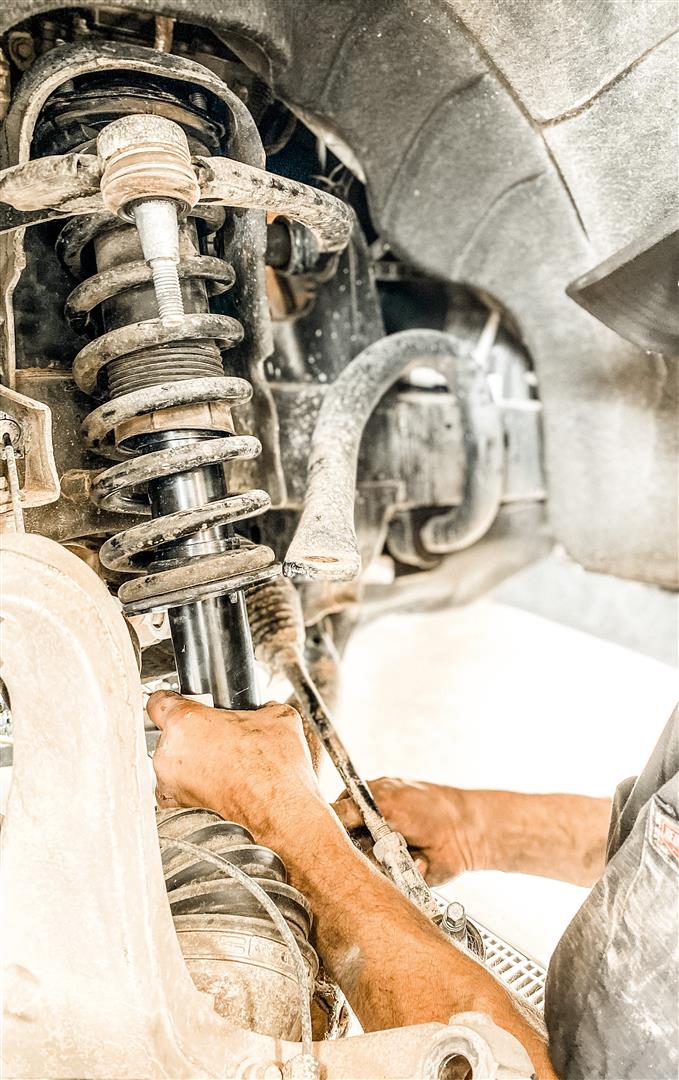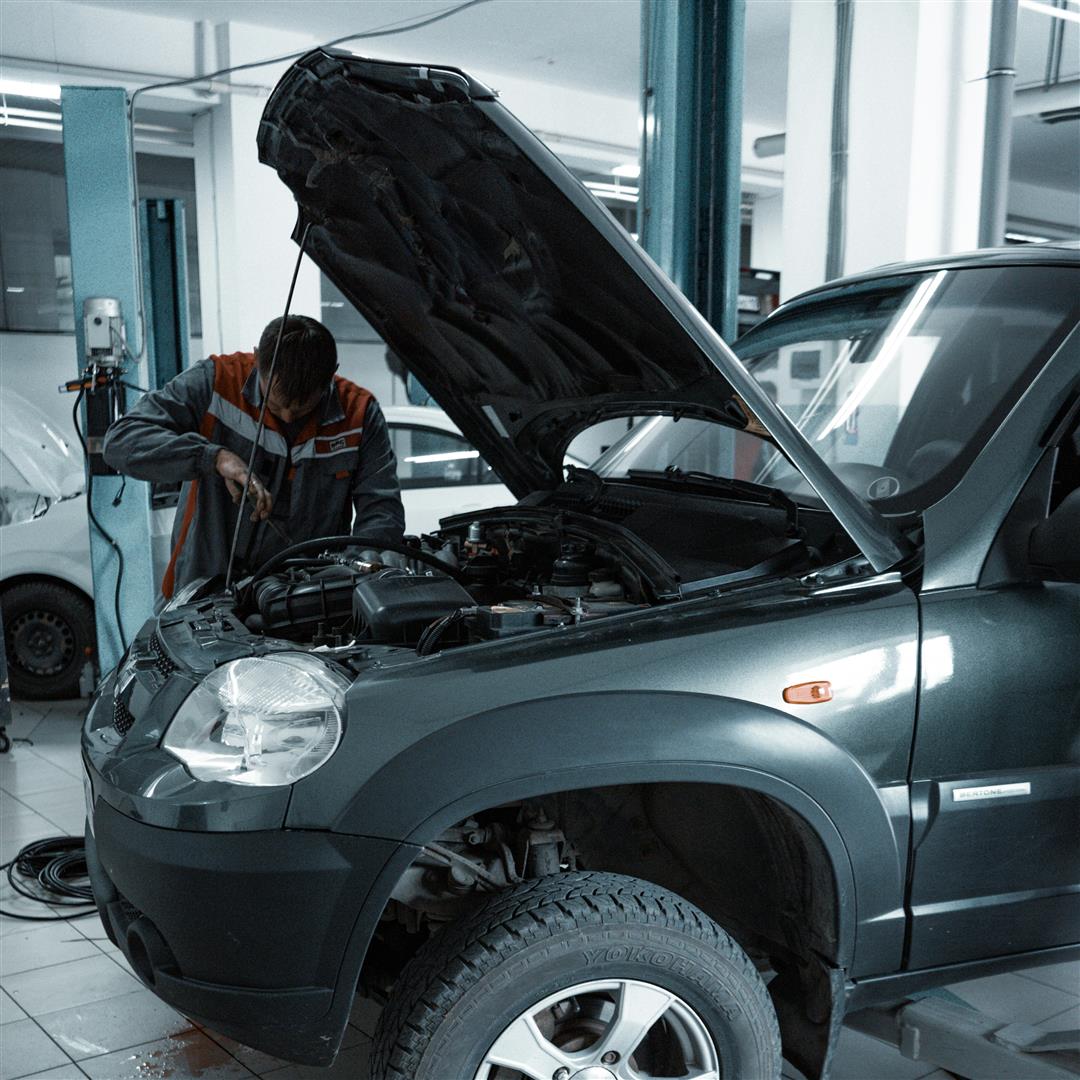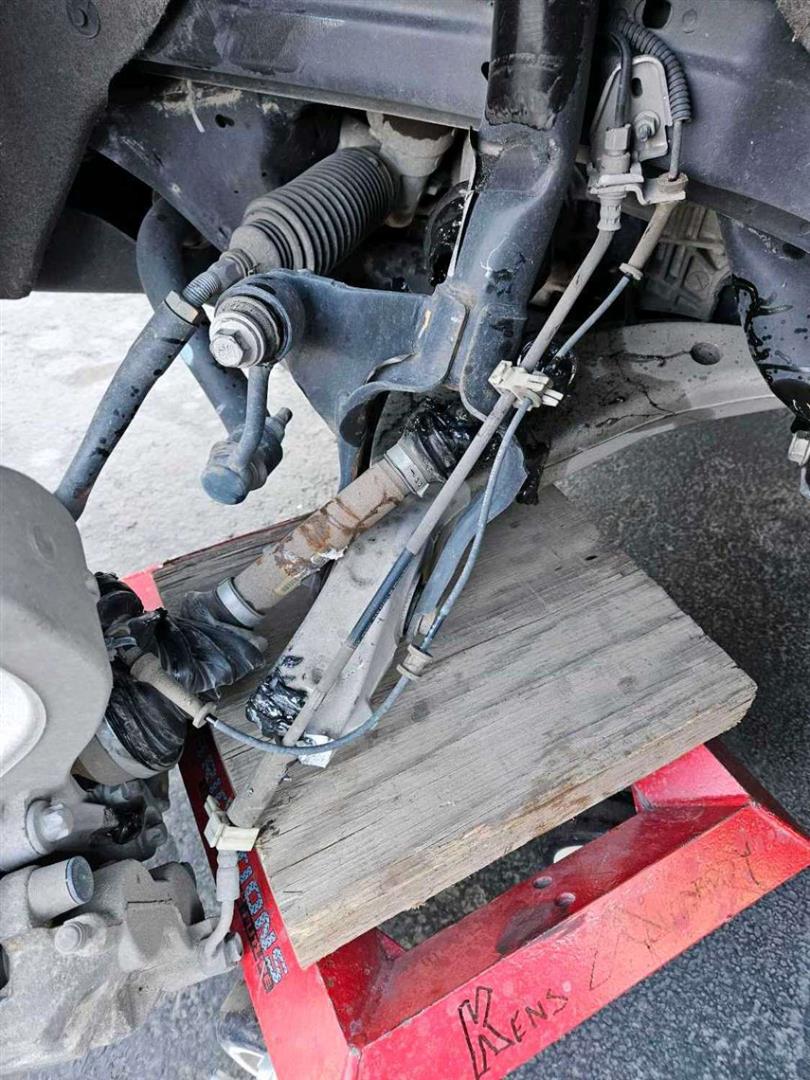Posted on 4/24/2024

Why Does My Car Squeak When I Turn? Exploring the Causes and Solutions Do you hear an annoying squeaking noise every time you turn the steering wheel of your car? It's a common issue that many drivers experience, but the source of the squeak can vary depending on several factors. Understanding why your car squeaks when you turn can help you address the problem effectively and ensure a smoother driving experience. Let's delve into some potential causes and solutions for this frustrating issue. 1. Worn or Dry Suspension Components One of the primary culprits behind squeaking noises when turning is worn or dry suspension components. Over time, components such as ball joints, control arm bushings, sway bar bushings, and tie rod ends can wear out or accumulate dirt and debris, leading to friction and squeaking sounds. Inspecting these components for signs of wear and lubricating them with appropriate lubricants can often resolve the issue. 2. Struts or ... read more
Posted on 4/10/2024

Are you experiencing an intermittent noise in your vehicle that seems to come and go, leaving you puzzled and frustrated? Identifying and resolving intermittent noises can be challenging, but with the right approach, you can tackle the issue effectively. Here are some tips to help you troubleshoot and repair intermittent noises in your vehicle: Document the Noise: Start by documenting when and where the noise occurs. Note the driving conditions, such as speed, road surface, and weather. Recording audio or video of the noise can also be helpful for diagnosis. Isolate the Source: Try to pinpoint the location of the noise by listening carefully while driving. Pay attention to whether the noise occurs when turning, braking, accelerating, or idling. Narrowing down the source of the noise can help you focus your troubleshooting efforts. Inspect Under the Hood: Conduct a visual inspection under the hood to check for loose or damaged compo ... read more
Posted on 3/13/2024

Do you hear an annoying squeaking noise every time you turn the steering wheel of your car? It's a common issue that many drivers experience, but the source of the squeak can vary depending on several factors. Understanding why your car squeaks when you turn can help you address the problem effectively and ensure a smoother driving experience. Let's delve into some potential causes and solutions for this frustrating issue. 1. Worn or Dry Suspension Components One of the primary culprits behind squeaking noises when turning is worn or dry suspension components. Over time, components such as ball joints, control arm bushings, sway bar bushings, and tie rod ends can wear out or accumulate dirt and debris, leading to friction and squeaking sounds. Inspecting these components for signs of wear and lubricating them with appropriate lubricants can often resolve the issue. 2. Struts or Shocks Worn or damaged struts or shocks can also cause squeakin ... read more
Posted on 4/28/2023

Why Is My Car Shaking? Everyone has felt it, you jump on the freeway and as soon as you get up to speed the steering wheel starts to shake back and forth and never stops until you slow down There are a couple reasons that a car would shake when driving. Uneven tire wear, separating tires, and out of balance tires will all cause a shaking condition when driving. The shaking condition is usually noticed at higher speeds and will generally get worse the faster the vehicle goes. The most common problem that can cause a vehicle to shake is out of balance tires. Tires are balanced whenever they are replaced with new tires, however over time as the tire wears down the balance points change and the tire and wheel needs rebalanced to correct it. How Are Tires Balanced? We use a state of the art Hunter tire balancer, that allows us to simulate the tire actually driving on the road with its road force balancing program. This allows us to not only balance the tire but provides us with even bett ... read more
Posted on 2/15/2023

My car has a clattering or ticking noise? There are multiple things that can cause a rattle or ticking noise to happen on your vehicle. Today we’re going to talk about a rattling noise that has become very common on Dodge 5.7L Hemi engines. This truck came into the shop and had a complaint of an intermittent rattle or ticking noise. The noise wasn’t super loud and wasn’t rattling consistently however every two minutes it would have a slight clattering sound when idling. A stethoscope was used to pinpoint the location of the noise and found the noise was most prominent at the valve cover. Inspection Process: Now that we have narrowed down where the noise is coming from, a more intrusive inspection is needed. We know the clattering noise is coming from underneath the valve cover and at this point the valve cover needs to be removed for a visual inspection of the camshaft, push rods, & roller bearings. Once the valve cover was rem ... read more